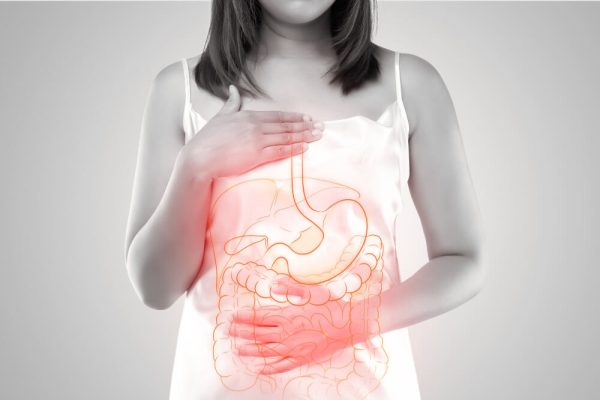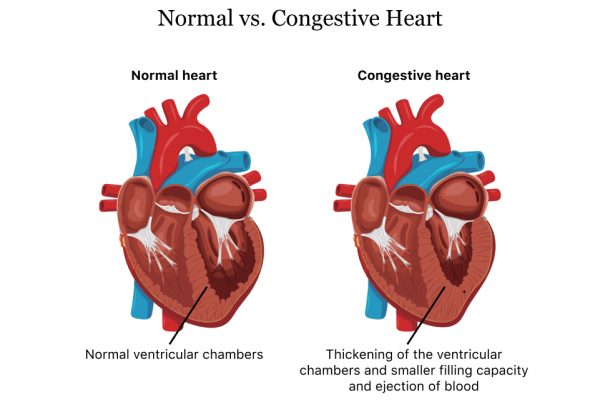Tooth loss is a common problem that affects people of all ages. Losing teeth can negatively impact your appearance, self-confidence, nutrition, and even your speech. According to a recent study by the CDC, nearly 1 in 5 adults ages 65 and older have lost all of their natural teeth.
Fortunately, with proper oral hygiene and regular dental care, many causes of tooth loss can be prevented or treated early on. Let’s discuss some of the most common causes of tooth loss and what you can do to protect your teeth.
Table of Contents
1. Tooth Decay
Tooth decay, also known as dental caries or cavities, is one of the most prevalent chronic diseases worldwide. It occurs when plaque bacteria metabolize sugars and starches in the mouth and produce acids that eat away at tooth enamel. If left untreated, decay can progress through the various layers of the tooth and eventually lead to infection and tooth loss.
The best way to prevent tooth decay is to remove plaque daily by brushing and flossing properly. Cut down on starchy and sugary foods, and drink water instead of sugary beverages. See your dentist regularly so they can detect and treat any early signs of decay. Small cavities can often be treated with fillings, while larger cavities may require crowns or root canals to save the tooth.
2. Injury or Trauma
Severe injury to the teeth and mouth can lead to tooth loss. Sports injuries, car accidents, and physical violence often cause jaw fractures, displaced teeth, or teeth to be completely knocked out. These trauma situations require urgent dental care to try to save and repair the natural teeth. In cases where saving the natural tooth isn’t possible, individuals often find themselves considering restoration options. One common dilemma is comparing dental implants VS bridges and deciding which one to pick to replace the missing teeth, each with its own advantages and considerations.
Wearing helmets and mouthguards during contact sports or activities with a risk of falls can protect your teeth from traumatic injuries. Seek emergency dental treatment if teeth are damaged – a prompt response can increase the chances of saving an injured tooth. Follow your dentist’s recommendations for care of a traumatized tooth, which may include a root canal or crown.
3. Periodontal (Gum) Disease
Periodontal disease, commonly called gum disease, is inflammation and infection of the gums and bones that surround and support the teeth. It’s caused by a buildup of plaque bacteria below the gumline. As the disease progresses, the gums pull away from the teeth, forming spaces called pockets that become infected. The body’s immune system fights the bacteria but also destroys gum and bone tissue. Without treatment, the teeth can eventually become loose and require extraction.
To prevent gum disease, brush and floss thoroughly each day to remove plaque from tooth surfaces as well as between teeth. Get professional cleanings and exams every six months so your dentist can monitor your gum health and treat any early signs of disease. Quit smoking, as it can worsen gum disease. If you do develop gum disease, treatments like deep cleanings and antibiotics can help restore your gums.
4. Tooth Grinding or Clenching
Many people grind or clench their teeth, often while sleeping or in response to stress. This puts excessive force on the teeth and can cause fractures, chips, loose teeth, and worn enamel over time. In severe cases, teeth may become so damaged that they require extraction and replacement with dental implants or bridges.
If you suspect you grind your teeth, talk to your dentist. They can fit you with a custom night guard to wear while sleeping, which protects your teeth from damage. Try to manage stress through relaxation techniques, and avoid alcohol and caffeine close to bedtime as they can increase grinding at night. Your dentist can also monitor your teeth closely for signs of damage and recommend treatments like crowns to reinforce weakened teeth.
5. Tooth Impaction
Tooth impaction is when a tooth becomes stuck or blocked by another tooth as it is erupting through the gums. Most often, third molars (wisdom teeth) become impacted due to a lack of space in the jaw. But other teeth can also become impacted by abnormal eruption patterns, tumors, or cysts.
Impacted teeth can cause pain, damage to neighboring teeth, and lead to infections. They require extraction if they cannot erupt properly. Most people have their wisdom teeth removed to prevent impaction. If you still have your wisdom teeth, see your dentist regularly so they can monitor for signs of impaction. Prompt removal of impacted teeth protects your other teeth and prevents further complications.
6. Advanced Periodontal Disease
As mentioned previously, untreated gum disease can progress to an advanced stage where there is severe damage to the bone and soft tissues supporting the teeth. The gums recede further, pockets deepen, and teeth become very loose. At this stage, professional deep cleanings and antibiotics are often not enough, and teeth will usually require extraction.
Once periodontal disease reaches an advanced stage, tooth loss is almost inevitable. That’s why regular dental visits for cleanings and checkups are so important – starting treatment in the early stages of gum disease can prevent it from getting worse.
7. Dental Cavities
Dental cavities, also called caries, are holes in teeth caused by tooth decay. Cavities range from mild to severe. Mild cavities affect only the enamel and can be treated with fillings. Deeper cavities can damage the inner layers of the teeth, allowing bacteria to infect the tooth pulp.
This requires a root canal procedure to remove the infected pulp and save the tooth.
Untreated cavities, especially deep ones, lead to irreversible pulp damage. This intense infection causes inflammation, abscess, tooth damage, and eventual tooth loss. Getting cavities filled before they progress helps prevent the need for root canals or extractions.
Conclusion
Tooth loss is often preventable with proper home care, regular dental visits, and early treatment. Causes like decay, gum disease, and injury can usually be addressed with various treatments to restore teeth and prevent extractions. Make oral health a priority now to avoid tooth loss later on. Keep your natural teeth healthy and functioning for as long as possible by partnering with your dentist for optimal preventative care and prompt treatment when problems arise. Your teeth are meant to last a lifetime with the proper care.
I am a 26 year old young and witty girl, who simply loves to write and be around her friends. I am the one who believes in filling the heart of her readers with love, passion and contentment.





